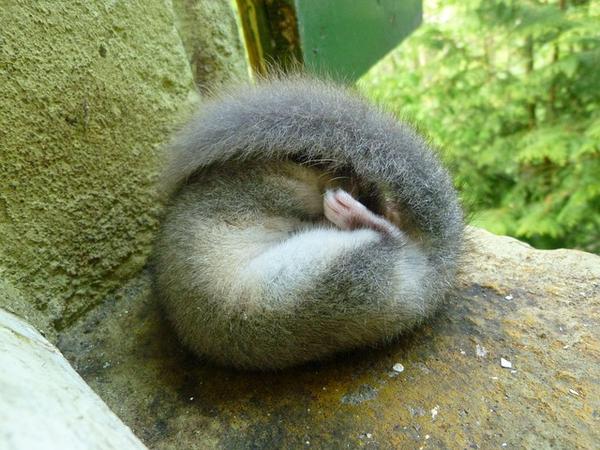I’ve been reading a book that introduced me to the term ‘wintering’. For much of the natural world, winter is a time of retreat and hibernation. For us, winter can often be seen as something we have to endure in order to reach spring and summer, a time of renewed energy and enthusiasm for life. Emotionally we may be fighting winter, an attitude quite alien to animals and plant life:
“Plants and animals don’t fight the winter; they don’t pretend it’s not happening and attempt to carry on living the same lives they lived in the summer. They prepare. They adapt. They perform extraordinary acts of metamorphosis to get them through. Wintering is a time of withdrawing from the world, maximizing scant resources, carrying out acts of brutal efficiency and vanishing from sight; but that’s where the transformation occurs. Winter is not the death of the life cycle, but its crucible.”
“It’s a time for reflection and recuperation, for slow replenishment, for putting your house in order. Doing these deeply unfashionable things — slowing down, letting your spare time expand, getting enough sleep, resting — is a radical act now, but it’s essential.”
We can’t rush the season of winter, nor can we rush the wintering process. The Acer outside my yoga studio looks bare, though still beautiful in the sunlight with drops of moisture on its branches. For me, it holds the promise of new life, which will be evident at the right time. Unseen, the tree is preparing for Spring. It may look dead but, like most trees, it produced its buds in high summer and lies ready, quietly waiting to burst into life once more.
Wintering can also refer to a process that we need to go through whatever the time of year, perhaps due to grief or some kind of crisis. It’s a time when we may consciously or involuntarily withdraw from the world, take things slowly, give ourselves space and time to heal and eventually re-emerge when the time is right. Dormice prepare to hibernate from September and generally hibernate from October to May, popping their heads up every 10 days to check they are still safe and to see if conditions are conducive to being fully awake. For us, it may mean returning to living our lives as before or involve making significant changes, such as career or lifestyle changes.
It seems to me that wintering can be seen as a process of rebooting and recharging and, just as dormice emerge when the time is right, so can we. Getting frustrated and impatient is pretty pointless. Emerging slowly from wintering, testing the air on our skins, gradually unfurling our new leaves,…… sounds good to me.
Book recommendation: Wintering by Katherine May

